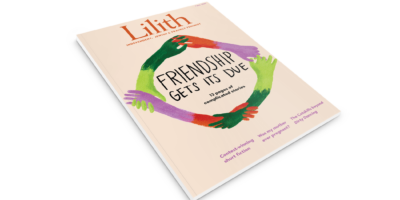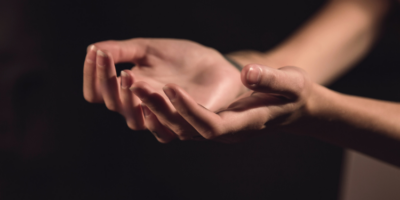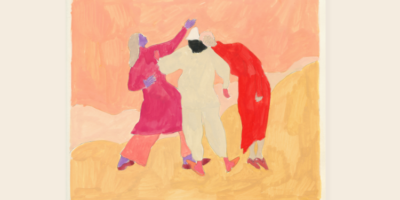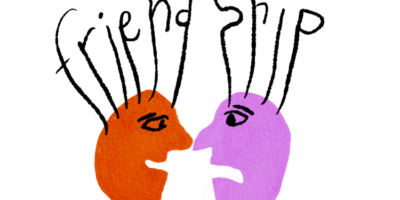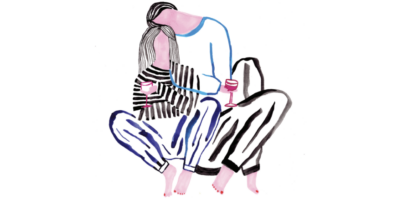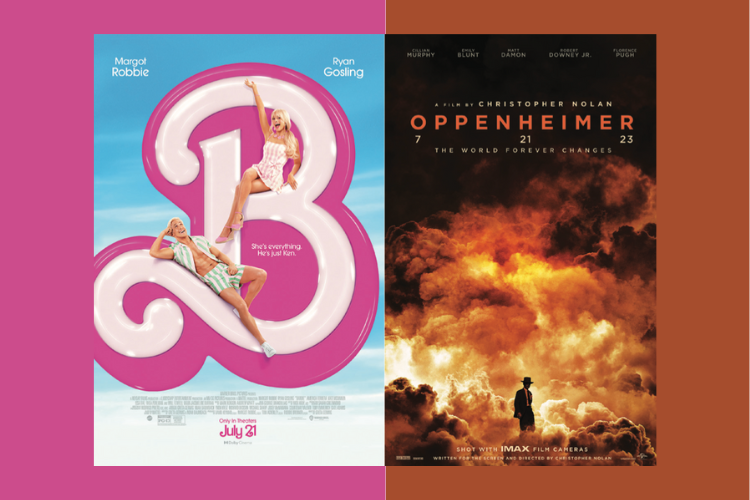
My Barbenheimer Childhood
As childhood slipped behind me, schoolwork became my focus. I excelled in math and science, albeit not at my father’s elite level, and wondered what my own career in science might look like. Though Barbieland was gone, I never grew out of the creative play of childhood, all the storytelling and craft projects I was supposed to set aside in service of becoming a serious adult. Throughout high school and college I felt like my interests careened from one extreme to the other, science vs. humanities, logic vs. creativity, but everyone around me reinforced that only half of these pursuits were worthy of my intellect. The eventual crisis came when I entered my senior year of Harvard with no major. I looked back to all the happy afternoons I had spent junior year doing programming assignments I was supposed to hate and settled on computer science. After graduation, I started work as a software developer in New York City. It sure seemed like I had made my choice at last.
The truth is, however, that my father never chose, nor had he wanted me to choose. When he co-invented the nuclear fuel rod during his years at Westinghouse Electric, he was both inventor and patent attorney, but thereafter his career was lawyer, not scientist. He enjoyed practicing law, but I saw all that he lost by not focusing on his first love. I was the one who minded that he had only confused children and equally confused golf buddies to hear his own theories of the universe.
I didn’t want to become my own version of that—living one life while perpetually distracted by another—yet that’s exactly what happened. I built a career in technology for almost 14 years, and on the side I wrote and baked and crafted and did genealogy and even took years of classes at Juilliard. But unlike my father, I obsessed over my unfulfilled creative side. No matter how well I did professionally, I felt like there was an unanswered question looming above.
Over time, one of my many hobbies solidified more than the others, and I decided to pause my career to explore what my life would look like if I centered my childhood love of telling stories. Exactly nine years to the day before Barbenheimer, I moved to Pittsburgh, where the stories I wanted to tell began. They were origin stories like my father’s—not the origins of the universe, nor the origins of the theories we have to explain the universe, but the origins of the communities that shaped the family members who shaped my father who, in turn, shaped me. Telling those stories felt like returning to my source, and yet, I found that there was still space I wanted to fill with software engineering. Slowly, I rebuilt a life where I made myself equal parts technologist and storyteller.
Barbenheimer may be an international phenomenon that has drawn thousands of people into its orbit, but it feels uniquely personal to me. I can’t imagine anyone else who had the same excitement at spotting Astronaut Barbie as I. Recognizing Day-to-Night Barbie’s outfit as Richard Feynman’s bongos. Perhaps my greatest joy in seeing so many stories from my childhood on the big screen is that it no longer provokes such angst for me to revel in both. I have made no discoveries about the nature of light, but I did figure out before I turned 40 what would bring the most light into my life.
Tammy Hepps, “My Barbenheimer Childhood,” Lilith Online, July 2023.

